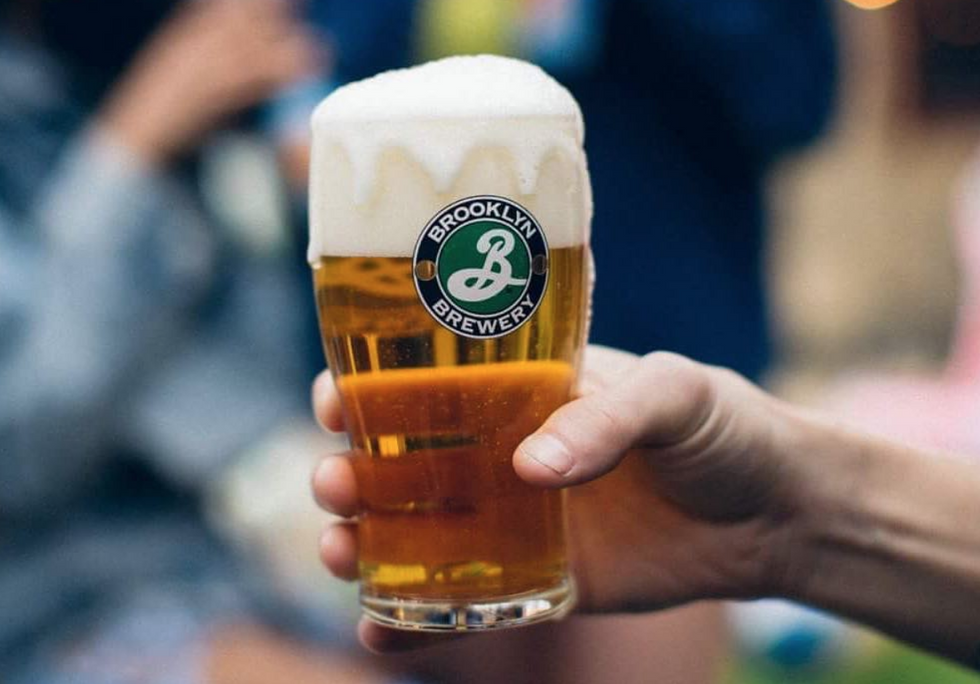We all know that college (unfortunately) normalizes drinking. Whether you're 21 or not, you're most likely going out Thursday through Saturday getting blackout drunk. This is also accompanied by dozens of drunken Snapchats and texts.
It's "normal" to spend your Sunday still drunk, hungover, or sleeping. It's "normal" to drink during the day when your next class isn't for a couple of hours. It's "normal" to brag about how many shots you took of each different liquor and it's funny to share drunken stories. But..all that isn't normal.
The excuses pour in every time I try to question their drinking. "I was with friends!" "It wasn't even that much!" "I can still function." "C's get degrees..." "It's not like I'm hurting anybody..." "It's legal!"
Not being to stop yourself from drinking and/or not being able to limit it, is one of the biggest factors of an alcoholic. So every time you have a friend who says, "I promise not to get blackout drunk today!" and then they do...you're seeing alcoholism. And it's not normal.
Stop pushing it off as "college." Do you really want to develop a lifelong addiction in college? Is it really worth it? Can you really not have sober fun?
Your college habits can make or break your health. College brings stress, mental health problems, and body changes that can last a lifetime. Think about what three days of binge-drinking does to your body, especially when you're already under college-level stress.
Learn to spot when drinking is becoming a problem. There's nothing wrong with indulging yourself sometimes but if you experience these things, you may have a problem.
You might be an alcoholic if you: start to do poorly in school, act dangerously, you've been sexually assaulted under the influence, committing crimes, or getting sick often. And it's not normal. So if you feel like you may be pushing it, stop. If you feel like you need help, you probably do and that's OK. Make sure you have a positive support system around you, but also one that will call you out and watch out for you.
That doesn't have to be your normal. Get help.
If you or someone you know needs help with substance abuse or mental health issues, call 800-662-HELP (4357) for the SAMHSA National Helpline.







 mr and mrs potato head
StableDiffusion
mr and mrs potato head
StableDiffusion










